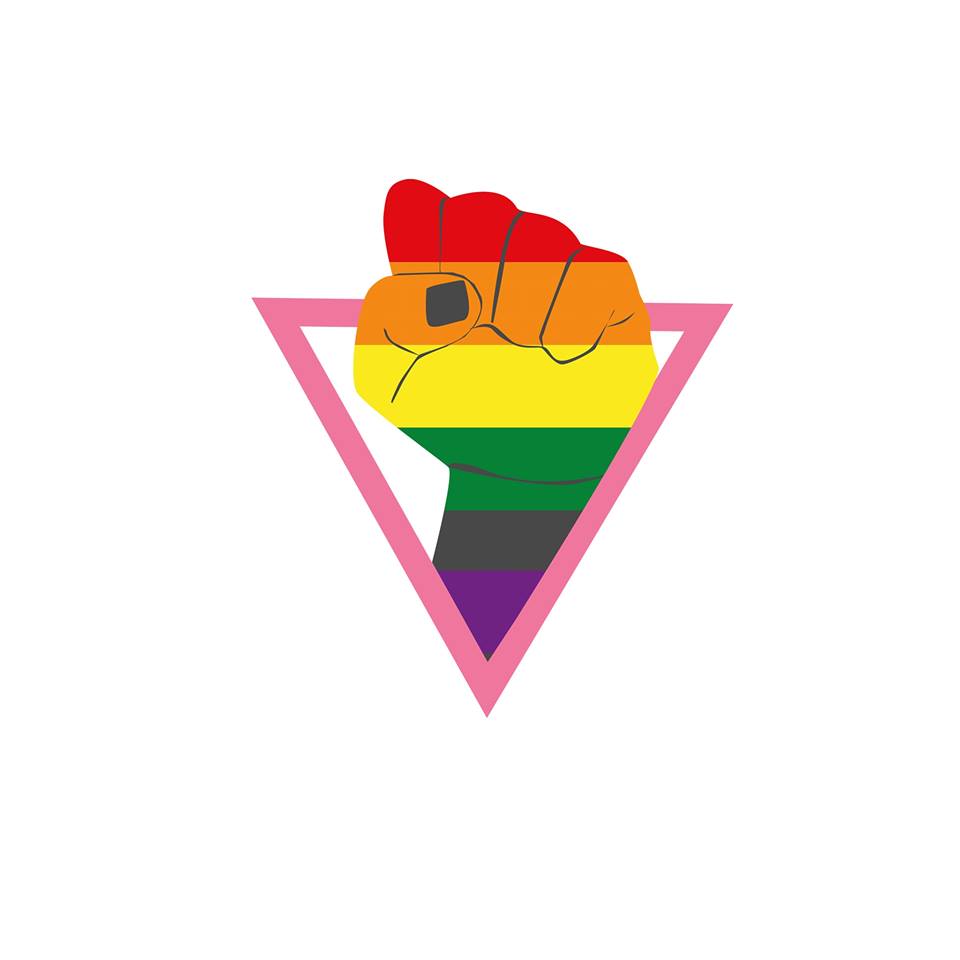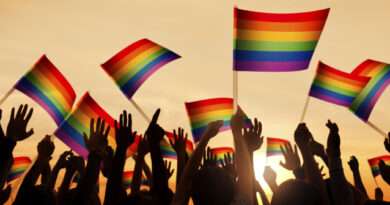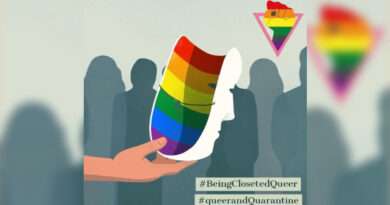Post 377: The fight continues
By Meghna Mehra
We all celebrated one year anniversary of remarkable 377 judgment on 6th of September. But once the celebrations are over, reality hits in. There are so many problems left to acknowledge which affects our community in one way or another. Here, community refers to the individuals who identify themselves in the queer spectrum, the individuals belonging to LGBTQIA+ Community.

Let’s try to understand them today –
- TG Bill – The current TG Bill was passed in one house of parliament without consideration of the Trans Community. Unlike TG Bill 2016 , this bill hasn’t been publicized much in probably to avoid backlash and arguments.
Trans community has a broad spectrum and different sections having their similar oppression. For instance, the hijra community bear the brunt of police brutality and a recent incident in UP showed insensitivity of people towards them.
Trans individuals in metropolitan cities faces discrimination from their workplaces and homes. Most of the time, they also have to face discrimination from landlords. The transition process is not easy and affordable leading to further plight of those who wish to transition medically.
Cases of beating and lynching are also becoming common in the rural areas creating fear and lack of safety for trans individuals.
Intersex community also faces the same. The mental, physical and sexual harassment across different is what makes their oppression similar. protesting against the bill is necessary due to addition of screening committee and the law which makes raping a trans individual a criminal offense but with the mere sentence of 2 years as compared to 7 years in other laws.
2.Erasure of Minority sexual orientation and identities- Minority sexual orientation and identities still struggle a lot for mere acceptance. It includes struggles of Asexual, Aromantic and Agender community, Struggle of gender non binary, non conforming, gender-queer, gender-fluid, Pansexual, Bisexual and many more community members. They are often ignored, abused and gaslighted within and outside the community. The lack of acknowledgment that they even exist is making the matters worse.
3. Exploitation of community by corporate sector- Often, during pride month companies show their support to the community which ends with the ending of pride history month. Many companies have started using the community and people as products to generate profits and exploit the cause to show themselves as “inclusive”. The problem arises when they underpay, not provide due credits to the community members and use them as a profit making idea or a marketing idea.
4. Bullying of queer kids in school and colleges- Due to social stigma related to community in the society, queer kids bear the brunt of it since a very young age. Schools are often responsible for moral policing with highly patriarchal attitudes. This leads to bullying and harassment of LGBTQIA+ kids affecting their education.
5. Marriage Laws for homosexual couples- Although homosexuality has been decriminalized, there are no laws to get registered after getting married. There is a need for marriage laws, domestic violence laws, special laws for homosexual community.
6. Bullying of queer adults- Bullying of queer adults in workplaces and education institutions is still a common occurrence. Some often brush it off while for others it takes extreme turns. This issue needs to be acknowledged and solved by having anti-discriminatory laws in long term.
7. Lack of rights and acceptance- There are still lack of rights in many cases like abuse by parents, abuse on the basis of identity, discrimination during buying or getting a house on rent, etc.
8. Struggle of community in rural areas- While in many metropolitan cities queer rights are taking a front seat but those in rural areas have to stay in the closet for a long period or maybe rest of their lives in order to stay safe. If they accept themselves, it becomes harder for them to live in such conditions. The role of caste, biological sex and class also comes into play during such situations leading to dual or sometimes triple oppression.



